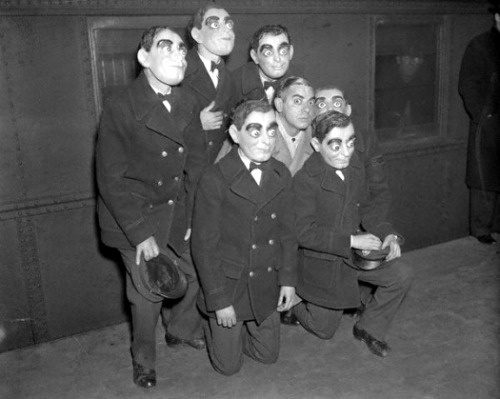(lifted from Open Culture)
Today is the 150th anniversary of the birth of the short story writer O. Henry. He was born William Sydney Porter in Greensboro North Carolina on September 11, 1862, and his life was not easy. He chose the pen name “O. Henry” while he was in the penitentiary.
Trained as a pharmacist, Porter came down with tuberculosis in his early twenties and moved to the drier climate of Texas, where he worked as a ranch hand, a draftsman for the Texas Land Office, and a clerk at the First National Bank of Austin before striking out on his own as a writer and launching a humor magazine called The Rolling Stone. When the magazine folded the following year, Porter took a job as a reporter, columnist and cartoonist at the Houston Post.
Meanwhile, though, Federal investigators were looking into shortages in Porter’s accounts from his days at the bank in Austin, and in February of 1896, when he was 33 years old and had a wife and a young daughter to support, Porter was arrested and charged with embezzlement.
While being brought to Austin for trial, Porter managed to elude his captors and hop a train to New Orleans, where he arranged passage on a freighter bound for Honduras. Despite the appearance of guilt Porter would always maintain his innocence, saying that his flight from justice was brought on by panic. He compared himself to the protagonist of one of Joseph Conrad’s classic novels, a sailor who abandoned a fully loaded passenger ship that he thought was sinking. “I am like Lord Jim,” he said, “because we both made one fateful mistake at the supreme crisis of our lives, a mistake from which we could not recover.”
When Porter got to Central America he began making plans for his family to join him there, but soon learned that his wife was dying of tuberculosis. He returned to Texas and was with his wife when she died. A few months later he was sentenced to five years in a federal penitentiary in Ohio. While behind bars, Porter began writing short stories in earnest. To disguise his identity he used a series of pen names, eventually settling on “O. Henry.”
Porter was released from prison in 1901, two years early for good behavior. He moved to New York to write stories under his new name for magazines. From there he skyrocketed to success. Between 1904 and his death in 1910, he published some 300 stories and ten books. “O. Henry worked at whirlwind speed,” writes Victoria Blake in the Barnes & Noble Classics edition of Selected Stories of O. Henry, “producing more over a shorter period than any other writer of his time and cultivating a literary demand unmatched by anyone, anywhere in the history of American letters.”
Some of the very same elements that made O. Henry’s stories so popular in his lifetime–the sentimentality, the “twist” endings–have caused them to age poorly since his death. A few of his stories, like “The Gift of the Magi,” are still widely read, but his reputation has been surpassed by more modern writers like Ernest Hemingway, James Joyce and Sherwood Anderson. A little of his former prestige is revived every year with the awarding of the O. Henry Prize for the best short fiction.
For his 150th birthday we bring you what is said to be a rare recording of O. Henry’s voice. Although the date and authenticity are an open question, the recording was apparently made on an Edison cylinder sometime between 1905 and the writer’s death in 1910. It was included in the vinyl record The Golden Age of Opera: Great Personalities, 1888-1940. Here is a transcript:
This is William Sydney Porter speaking, better known to you, no doubt, as O. Henry. I’m going to let you in on a few of my secrets in writing a short story. The most important thing, at least in my humble opinion, is to use characters you’ve crossed in your lifetime. Truth is indeed stranger than fiction. All of my stories are actual experiences that I have come across during my travels. My characters are facsimilies of actual people I’ve known. Most authors spend hours, I’m told even days, laboring over outlines of stories that they have in their minds. But not I. In my way of thinking that’s a waste of good time. I just sit down and let my pencil do the rest. Many people ask me how I manage to get that final little twist in my stories. I always tell them that the unusual is the ordinary rather than the unexpected. And if you people listening to me now start thinking about your own lives, I’m sure you’ll discover just as many odd experiences as I’ve had. I hope this little talk will be heard long after I’m gone. I want you all to continue reading my stories then too. Goodbye, folks.
(O. Henry on the Secrets of Writing Short Stories: Rare Audio Recording)








































